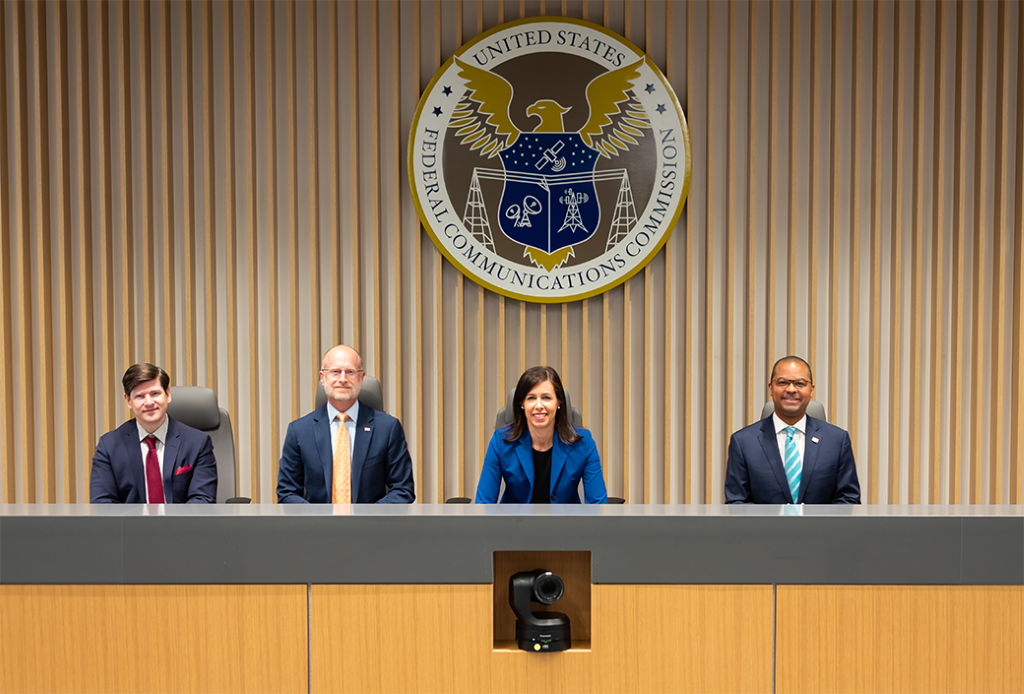Bill Would Require FCC to Make Rules on Expanding Funding Base of Universal Service Fund
The bill requires the FCC to study and reform the contribution base of the Universal Service Fund.
Ahmad Hathout

WASHINGTON, March 29, 2023 – A bill introduced in both chambers Tuesday would require the Federal Communications Commission to study and make rules on expanding the funding base of the Universal Service Fund.
The Reforming Broadband Connectivity Act of 2023 – a previous version of which was introduced two years ago – would require the FCC within one year of the enactment of the bill to solidify rules to reform how the fund is supported and within 120 days to conduct a study on the need to broaden the fund’s base and submit the report to Congress.
The contents of the bill should include the “relative equities and burdens” of the changes on consumers, businesses and seniors, who often bear the brunt of the cost of support because the fund is currently supported by landlines.
The House version was introduced by Lizzie Fletcher, D-TX, Joe Neguse, D-CO, and Angie Craig, D-MN, and the Senate companion was introduced by Amy Klobuchar, D-MN, and John Thune, R-S.D.
“Ensuring broadband service in the most remote, hardest-to-serve areas requires a sustainable Universal Service Fund with a sustainable funding formula,” Brandon Heiner, senior vice president of government affairs at industry association USTelecom, said in a statement. “Senators Amy Klobuchar (D-Minn.) and John Thune (R-S.D.) recognize that the contribution mechanism must be reformed to preserve connectivity for rural Americans. Directing the FCC to initiate a rulemaking to expand the contributions base will help secure the future of universal service.”
The bill’s introduction follows an FCC report to Congress that requested the legislative body provide the commission with the authority to change the fund’s contribution base.
The USF, which includes four high-cost programs supporting basic telecommunications services for institutions and low-income Americans, receives roughly $9 billion a year from voice service providers, whose revenue base has been dwindling for years.
The reliance on those providers has called into question the fund’s sustainability. Various experts have proposed different remedies, including expanding the base to include contributions from broadband service providers, large technology platforms, and from the general taxation pool.
Prior to the FCC’s report to Congress, some experts argued that the commission can unilaterally expand the fund’s base. Those same experts warned that Congress may take too long to implement necessary legislation.
On Friday, an appeals court denied a petition that challenged the FCC’s authority to raise funds and subdelegate the work of coming up with the quarterly contribution amounts providers must pay into it. The petition must go through two more levels of appeal.








Member discussion